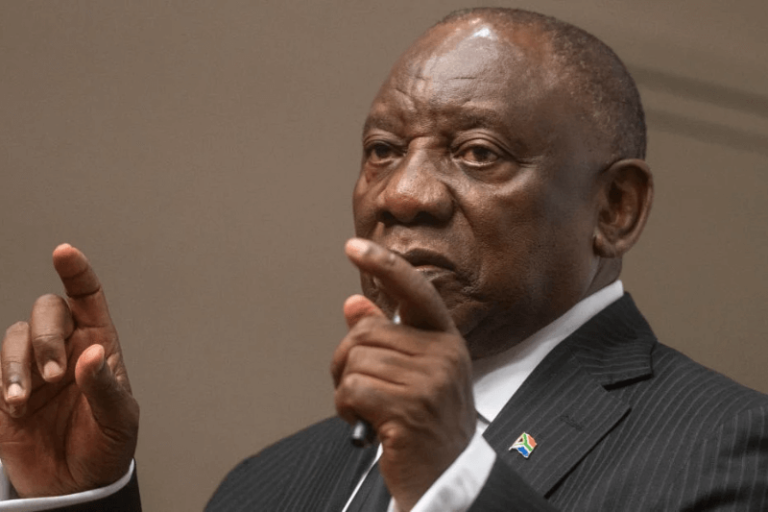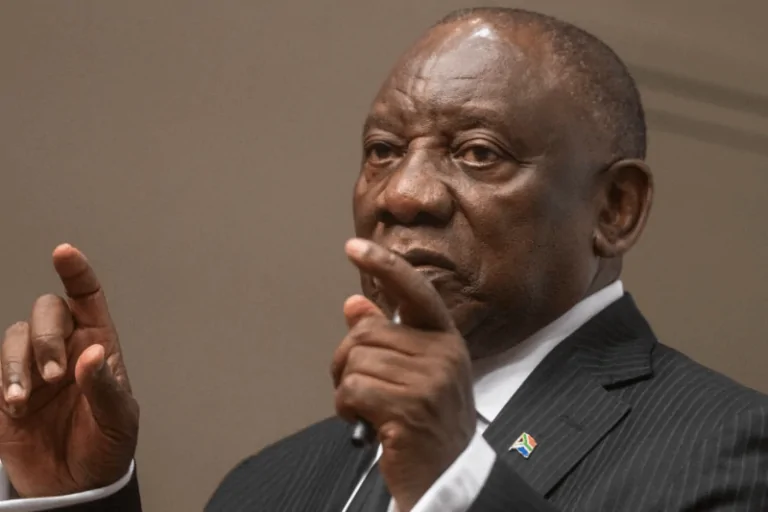

The contentious Expropriation Bill which was signed into law by President Cyril Ramaphosa will permit state agencies to seize land when it serves the public interest. The 1975 Expropriation Act from the apartheid era is repealed by the Bill.
According to the Presidency, expropriation is recognised under section 25 of the Constitution as a necessary tool for the state to obtain someone’s property for a public use or in the public good. This is contingent upon the payment of fair and reasonable compensation.
The Expropriation Act of 1975 which was passed before the Constitution was drafted currently governs the expropriation of property. The Bill specifies the grounds and methods under which the President may expropriate land.
“This law will assist all organs of state-local, provincial and national authorities to expropriate land in the public interest for varied reasons,” said the Presidency. Added “Local, provincial and national authorities will use this legislation to expropriate land in the public interest for varied reasons that seek, among others, to promote inclusivity and access to natural resources. The Bill repeals the Expropriation Act and provides a common framework in line with the Constitution to guide the processes and procedures for expropriation of property by organs of state.”
The Presidency did point out that an expropriating body is not allowed by law to take property for any reason other than the public interest or a public purpose. According to this, expropriation cannot be carried out until the expropriating authority has been unable to come to a reasonable agreement with the owner or holder of a property right.
“An expropriating authority is therefore obliged to enter into negotiations with the owner of a property required for such purposes,” said the Presidency. “An expropriating authority must also attempt to reach an agreement on the acquisition of the property before resorting to expropriation—except in circumstances where the right to use property temporarily is taken on an urgent basis in terms of a provision in the legislation.”
According to the legislation, disagreements must also be sent to the proper courts or for mediation. Members of the Government of National Unity such as the DA and VF Plus tried to restrict the bill’s scope by limiting the regulations to state-owned land but their efforts were unsuccessful. The new law adds to a number of controversial policies that the president has signed into law such as the Basic Education Basic Education Policies Amendment (BELA) and National Health Insurance (NHI) acts.
African football teams struggle intensely in the World Cup Qualification rounds to earn their place on the international football stage.…
The journey toward the 2026 FIFA World Cup is rapidly intensifying for all African teams, who now hold a historical…
The cricket authority in Zimbabwe will organize matches between top international teams in a major cricket event expected to succeed…
In 2025 the South African Social Security Agency (SASSA) announced its designated dates for social grant payments that benefits millions…
Africa is taking big steps by entering the global green technology manufacturing market to stop being just a supplier of…
Two mobile telecom leaders, MTN Group and Airtel Africa, joined forces to create a new digital infrastructure system throughout African…
This website uses cookies.